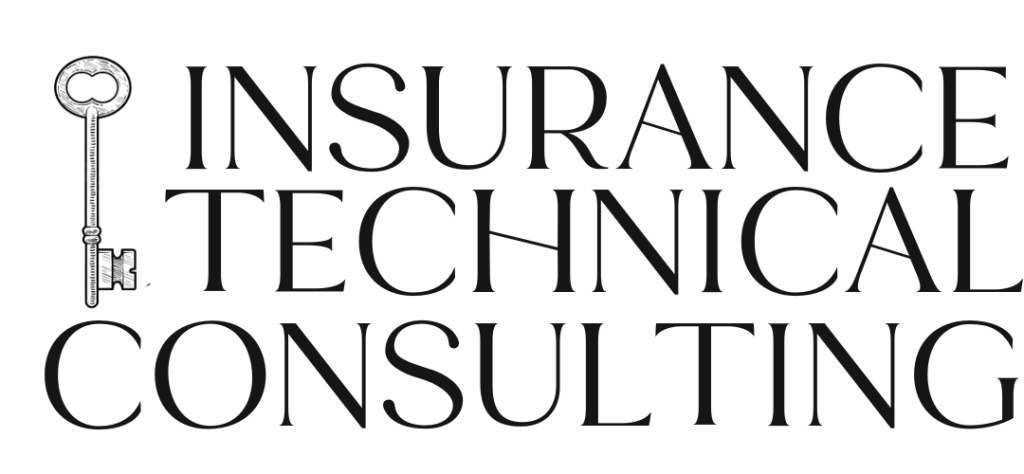
Save your client some premium and save yourself some headaches and legal troubles. Insure only for replacement cost, plus a possible inflation guard. Your client will likely thank you for insisting on proper limits.
Overinsuring a building beyond replacement cost can be a problem for agents, insureds, lenders, and carriers. Underinsurance is a hot topic these days, with inflation affecting labor and materials, at the same time rates are rising and books are being reunderwritten. Lenders worry about underinsurance, too. But what about a lender’s requirement for a limit that is higher than replacement cost? Unfortunately, it’s not an unusual occurrence.
Lenders naturally want to insure the full value of the loan, or their estimates of a property. What they “forget” about is that the value of the property includes uninsurable things like views, land and location location location. The insured should not be asked to pay premium for limits that cannot be collected.
So it’s the right thing from a business standpoint to avoid overinsurance, but can lenders require it legally? In almost 40 states, the answer is no. Depending on the state, it is a violation of the law for lenders, insurance agents and carriers to overinsure. These laws have been on the books for at least 65 years. They even appear in criminal statutes.
Some examples of penalties for overinsuring:
Minnesota – carrier shall forfeit to the state double the premium collected on the policy. Commissioner may require the lender to accept the policy.
Florida – willful overinsurance of any property risk is grounds for suspension or revocation of insurance license.
Hawaii – recovery can be made in civil action. Restitution and penalties may be imposed by the state, in addition to any applicable suspension, revocation, or denial of license or certificate of authority.
Mississippi Criminal Code – monetary fine must be applied to any agent or insurance company found guilty of violation.
Washington – Penalty of $500 may be imposed for each willful violation of overinsurance statute, in addition to any other penalty. Failure to pay the fine may result in revocation of license.
Notifying a lender of such laws will likely result in removal of overinsurance requirement. Bring value to your client while ensuring your own compliance.
Do your validating producers know about overinsurance pitfalls, or where to learn about them? Insurance Technical Consulting specializes in one-on-one mentoring of commercial producers so they gain confidence in what they are selling and make fewer errors. Save your agency time with potential to increase revenue and reduce E&O costs. Explore the website at InsuranceTechnicalConsulting.com for more information.
Share Post :
The information on this posting is provided “as is.” No representation is made that the content is error-free. It contains no legal advice or interpretation of statutes. Speak to your attorney for guidance on compliance with statutes.
The information on this posting is provided “as is.” No representation is made that the content is error-free. It contains no legal advice or interpretation of statutes. Speak to your attorney for guidance on compliance with statutes.
